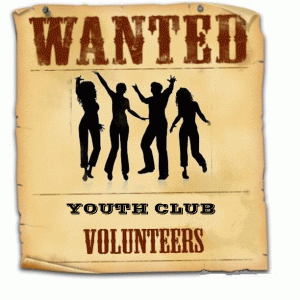
The presidential primary season has drawn considerable attention to the issue of young voters and what appears to be their overwhelming support for Bernie Sanders. On my campus students are engaging in debate watch parties, are organizing voter registration drives, and a small group of around twenty students, both Republican and Democratic, are having the experience of a lifetime in a program called Wake the Vote, which has taken them already to Iowa and New Hampshire and later in the year will give them the opportunity to attend the conventions. These kinds of experiences translate into participation at the polls. An organization that studies the political participation of young people (CIRCLE) reports that 70% of the youth votes (18-24) cast were cast by young people with at least some college experience. Clearly, activities that provide students with the opportunity to get engaged in the political process are powerful motivators for voting.
What worries me however, is how little of these opportunities there seem to be for young people who are not in college. Once students leave high school, where are the settings where young people get the opportunity to “learn by doing”? Who is encouraging them to vote? On college campuses there are organizations of College Democrats and College Republicans. Do the parties provide similar organizational opportunities for non-college youth? This age demographic is often criticized for its low participation rates but criticism ignores the failure of parties and other community organizations to provide for these young people the participatory educational opportunities that lead to voting. CIRCLE reports that 40% of Americans in their twenties have never been to college. How do we welcome these young people into the political process?
One possibility available in urban areas is the Youth in Government program run by the YMCA. Available for high school aged young people it has great civic education potential, but when my son participated in it in Winston-Salem it seemed that almost all of the students were kids in AP government participating for extra credit. I recall as a child growing up in rural Pennsylvania that the 4-H clubs provided civic education opportunities along with learning about farming. The NC 4-H website suggests that it continues to focus on youth development but it is unclear to what extent it promotes politically active citizenship.
Can those of you in community organizations and state and local government tell me about programs/organizations you know about that focus on engaging young people who are not in college? What kinds of programs have you seen be successful? What are the challenges of engaging young people who are not in high school or college?
Thanks, Katy, for drawing attention to this essential issue. It’s harder to reach non-college youth, because they are dispersed; and they start with lower turnout rates. But if we omit them, we can’t have an equitable democracy.
One of our very favorite organizations that does engage non-college youth in politics (in a strictly nonpartisan fashion) is YouthBuild.
Just adding details about Peter’s reference – per the website https://www.youthbuild.org/ :
At YouthBuild programs in the United States and across the globe, low-income young people learn construction skills to help build affordable housing and other community assets such as community centers and schools.